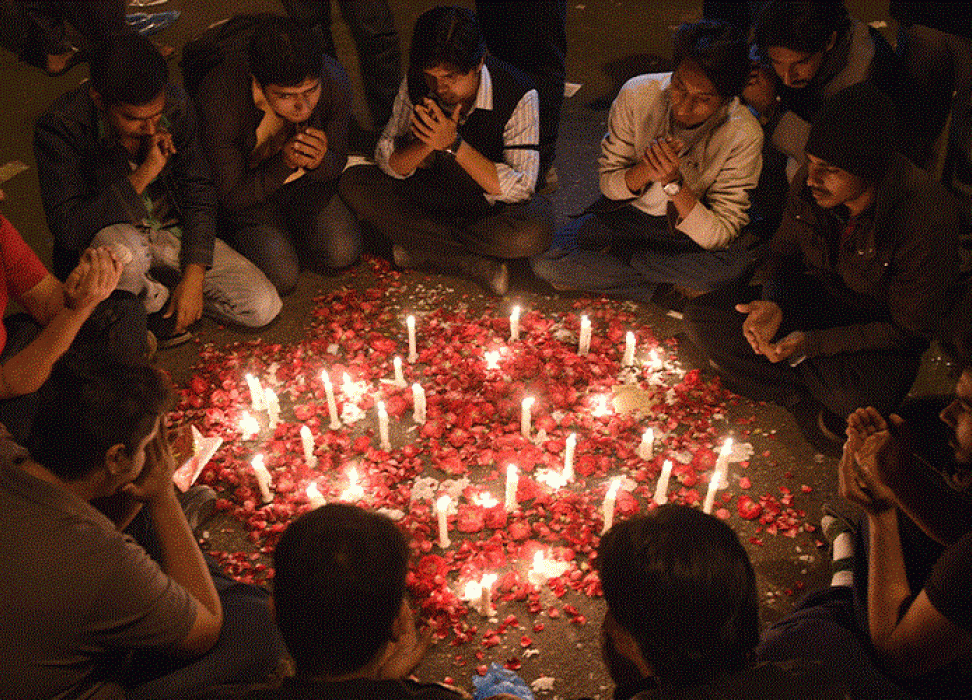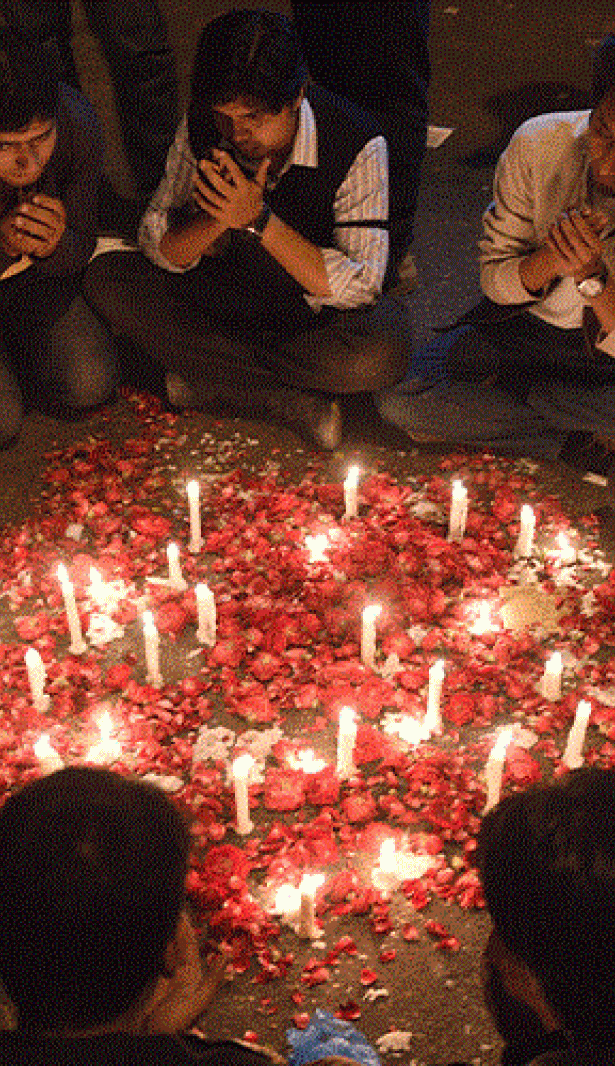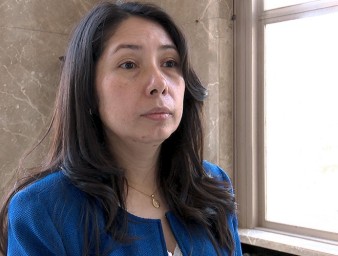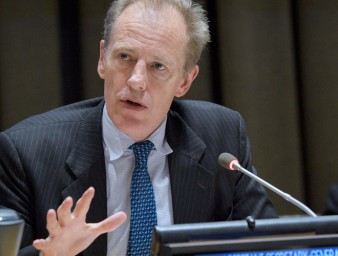Reported reprisals increase against those who cooperate with the UN
20 December 2019

The bad news, according to Andrew Gilmour, Assistant Secretary-General for Human Rights, who is leaving the UN in December 2019 after 30 years of service, is that the number of reported reprisals for cooperating with the United Nations has been on the rise. Since 2016 Gilmour has been the designated UN senior level official dealing with this issue at the UN.
In presentations to both the Human Rights Council in September 2019 and at a side event of the UN General Assembly with Member States and civil society in New York in October 2019, Gilmour said that the numbers of States mentioned in the latest UN report, where we have consent to publish cases, has risen: from an average of 15-20 countries reported annually starting in 2010 to 48 this year.
“People around the world are punished for cooperating with the UN, punished for cooperating with bodies, mandates, and mechanisms set up by Member States,” he told the UN General Assembly. “The fact that most of the punishment is carried out by Member States has always seemed to me strikingly wrong.”
The variety of reprisals people face is broad, Gilmour said. From milder things such as travel bans and harassment, to more severe incidents such as torture, arrest, sexual assault and even death. There has also been a great deal of online smear campaigns – a relatively new phenomenon, he said.
Gilmour has noted that a current trend in reprisals is invariably for States to dismiss allegations presented to them, and say the treatment of targeted individuals or NGOs was not related to cooperation with the UN, but a domestic “security” issue.
“Many individuals who have shared information with us, or come to our meetings, have been officially charged with ‘terrorism’ blamed for ‘cooperation with foreign entities’ or accused of ‘damaging the reputation or security of the State,’” Gilmour told the Human Rights Council and highlighted in New York.
“One of the most frustrating aspects of this mandate, and many examples are reflected in the Secretary-General’s report, is that governments almost never admit that they’ve carried out an act of reprisal,” Gilmour said during an interview. “And this is an almost bovine, blind, and blanket refusal to admit that they could have possibly carried out reprisals. I would really urge, for the sake of accountability and people’s right to complain, that we address this issue.”
There are notable exceptions, however, of individual States that take this seriously – whether by acting on allegations presented to them with investigations or by offering measures with the protection of the alleged victim in mind. Others have encouraged cooperation of civil society with international mechanisms and recognized the right to complain in their national laws and policies. The Human Rights Office is eager to highlight good practices, which are summarized in general terms in the Secretary-General’s report, and hopes that there will be more examples as time goes on.
Other States have used the UN to raise alarm at trends globally, urging accountability and improved response from all areas of the UN system. These States are condemning and warning against the scope of the problem, which has an inevitable impact on the global discourse of many issues – development, the environment, protection of civilians in conflict settings, and preventing and countering terrorism, for example.
In the three years that he has reported on this area, Gilmour said there has been some positive outcomes. First, the increase in the number of States presented with allegations show that the UN has improved its capacity to document cases and trends and reach more victims. He also advanced dialogue with key mechanisms such as the treaty bodies and special procedures, and engaged regularly with NHRI.
Progress has also been made in getting a wider audience within the UN to understand the problem of reprisals, and bring the cases to the attention of the Human Rights Office, Gilmour said. Much of the organization has become better attuned to the issue.
“Within the UN system, I am pleased that there have been notable initiatives to develop guidance, sensitize staff members and improve reporting,” he said. “In addition to (the UN Human Rights Office), there are several UN organizations addressing the issue with improved policy and protection initiatives.”
In his final weeks at the UN, Gilmour said he is convinced that putting an end to reprisals should be a core responsibility of the Organization, including its staff, intergovernmental bodies, and agencies, but especially UN Member States. “It is the effectiveness and credibility of the Organization that is at stake”, he underlined.
“The real onus is on Member States,” Gilmour said. “I would respectfully suggest it is you, Member States, who need to ensure that the brave human rights defenders and victims bringing testimony to the UN are not cruelly targeted for cooperating with those same bodies and mandates you have established.”
Learn more about reprisals:
https://www.ohchr.org/en/reprisals
Watch an animated video on reprisals:
https://www.youtube.com/watch?v=ry89SGxV9tA&feature=youtu.be
20 December 2019


